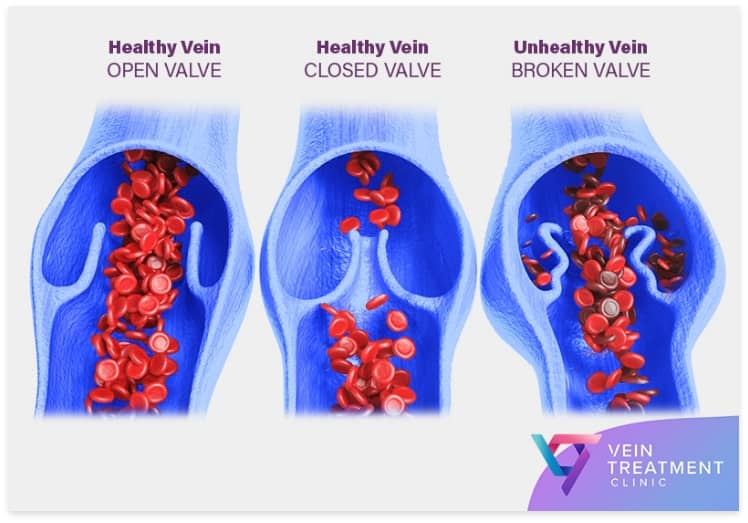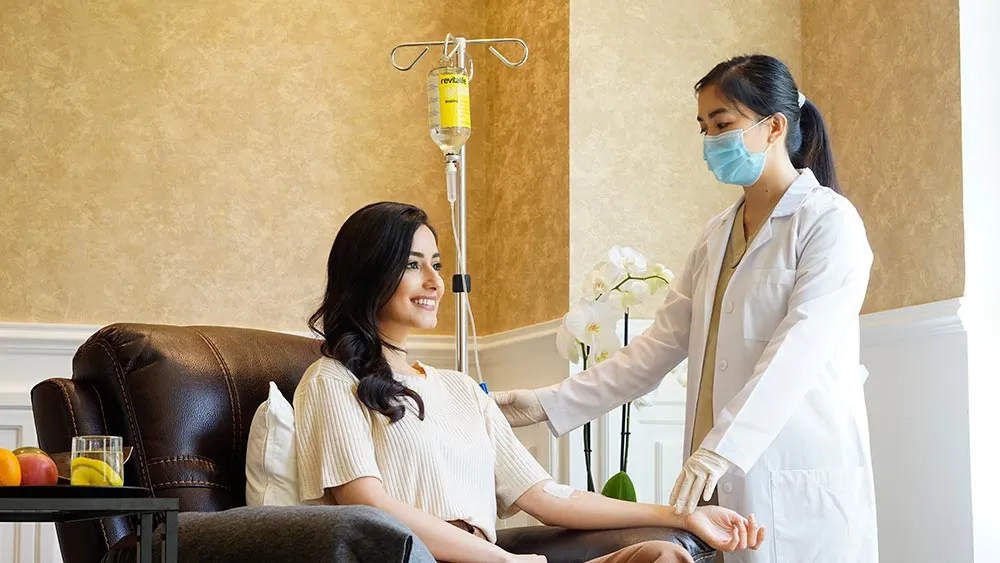When you experience discomfort, pain, or unsightly veins, seeking medical help is a crucial step in improving your well-being. However, knowing the right type of doctor to see can be confusing. This is where the expertise of a vein specialist comes into play. In this article, we’ll answer the question, “What is a vein specialist called?” and provide an in-depth look into the role of vein treatment doctors, their specializations, and how they help patients maintain healthy veins.
What is a Vein Specialist Called?
A vein specialist is commonly referred to as a vascular specialist or phlebologist. Vascular specialists are doctors who focus on the diagnosis and treatment of diseases and conditions affecting the blood vessels, including veins and arteries. On the other hand, a phlebologist specializes in the treatment of vein-related conditions, particularly those that involve the veins in the legs, such as varicose veins and spider veins.
These doctors are highly trained in managing venous diseases, which range from cosmetic concerns to more serious health risks like deep vein thrombosis (DVT). If you are looking for vein treatment, consulting a vascular specialist or phlebologist is often the best course of action.
What Does a Vein Treatment Doctor Do?
Vein treatment doctors are experts in diagnosing and treating a variety of conditions related to the veins. Whether you are experiencing pain from varicose veins, dealing with swelling, or concerned about the aesthetics of your legs, these doctors provide specialized care that targets the root causes of venous issues.
Here are some of the main responsibilities and treatments that vein treatment doctors focus on:
- Diagnosis of Venous Disorders: A vein specialist can diagnose various vein disorders through physical exams, ultrasound imaging, and other diagnostic tools. The most common conditions they treat include varicose veins, spider veins, chronic venous insufficiency (CVI), and DVT.
- Conservative Treatment Options: Not all venous problems require surgical intervention. Many vein specialists start with conservative treatments such as lifestyle changes, compression stockings, or elevating the legs to reduce swelling.
- Minimally Invasive Procedures: When conservative treatments are not enough, vein treatment doctors may recommend minimally invasive procedures such as sclerotherapy, endovenous laser therapy (EVLT), or radiofrequency ablation (RFA). These procedures are designed to close off damaged veins, allowing healthier veins to take over the blood flow.
- Surgical Treatment: In more severe cases, vein specialists may perform surgical procedures such as vein stripping or ligation. These are generally reserved for cases where non-surgical treatments have failed to provide relief or when the vein damage is significant.
- Post-Treatment Care: After a treatment procedure, vein treatment doctors monitor the healing process and provide post-operative care to ensure that the patient recovers fully and that complications are minimized.
What Are the Symptoms That Require a Vein Specialist?
If you’re wondering whether you should see a vein treatment doctor, it’s important to recognize the common symptoms of vein-related issues. Some of these symptoms include:
- Varicose Veins: These are large, twisted veins that are visible on the surface of the skin, usually on the legs. They can cause aching, throbbing, and a heavy feeling in the legs.
- Spider Veins: These are smaller, red, purple, or blue veins that appear near the surface of the skin. Although typically harmless, they can affect the appearance of your skin.
- Swollen or Painful Legs: Swelling, especially after prolonged standing or sitting, can indicate poor circulation or chronic venous insufficiency.
- Leg Fatigue and Heaviness: This feeling, often associated with varicose veins, can result from blood pooling in the veins.
- Skin Changes: Discoloration or thickening of the skin around your veins can be a sign of venous disease.
- Leg Ulcers or Sores: In severe cases of chronic venous insufficiency, ulcers can form on the skin due to poor circulation.
If you experience any of these symptoms, it’s important to consult a vein specialist for an accurate diagnosis and appropriate treatment options.
How Do You Choose the Right Vein Treatment Doctor?
When searching for a vein specialist, it’s essential to choose someone with the proper expertise, experience, and credentials. Here are some key factors to consider when choosing the right vein treatment doctor:
- Board Certification: Make sure the doctor is board-certified in vascular surgery, phlebology, or another relevant medical specialty. Certification ensures that the doctor has undergone the necessary training and adheres to high standards of care.
- Experience and Specialization: While many doctors treat vein disorders, some have specific expertise in vein treatments. Look for a doctor who has experience in performing the types of procedures you may need, whether it’s sclerotherapy, laser treatment, or vein surgery.
- Patient Reviews: Reading patient reviews can give you a sense of the doctor’s approachability, bedside manner, and success rates. Positive feedback from other patients can be a good indicator of the doctor’s ability to provide quality care.
- Consultation Process: During your first visit, pay attention to how the doctor evaluates your condition, explains treatment options, and answers your questions. A good vein treatment doctor will take the time to understand your symptoms and offer personalized recommendations.
- Technology and Treatment Options: Make sure the doctor uses the latest technology and offers advanced treatment options. Minimally invasive procedures tend to have shorter recovery times and fewer complications than traditional surgery, so look for a specialist who can provide these options.
What Are the Benefits of Seeing a Vein Treatment Doctor?
Consulting a vein treatment doctor offers several benefits, including:
- Improved Quality of Life: Effective vein treatments can alleviate pain, swelling, and discomfort, leading to a more active and comfortable lifestyle.
- Preventing Complications: Untreated vein conditions can lead to serious complications such as blood clots, ulcers, or bleeding. A vein treatment doctor can help prevent these issues by providing timely treatment.
- Enhanced Appearance: Many patients seek treatment for cosmetic reasons, particularly in the case of varicose or spider veins. Vein specialists can help improve the appearance of your skin and boost your self-confidence.
- Minimally Invasive Options: Many vein treatments are non-surgical and come with little to no downtime, allowing patients to resume normal activities quickly.
- Long-Term Health Benefits: By addressing venous disorders early, vein treatment doctors can help prevent future problems and promote long-term vascular health.
Conclusion
In summary, a vein specialist or vascular specialist is a medical professional who focuses on diagnosing and treating conditions affecting the veins. Their expertise is invaluable for anyone dealing with venous disorders, whether for cosmetic reasons or to alleviate discomfort. If you’re experiencing symptoms such as varicose veins, spider veins, leg swelling, or pain, consulting a vein treatment doctor is essential. By choosing an experienced and certified specialist, you can receive tailored treatment options that will enhance both your health and quality of life.
If you’re looking for a vein treatment doctor, make sure to consider their experience, specialization, and approach to care. With the right treatment, you can say goodbye to vein-related problems and enjoy better health and well-being.




